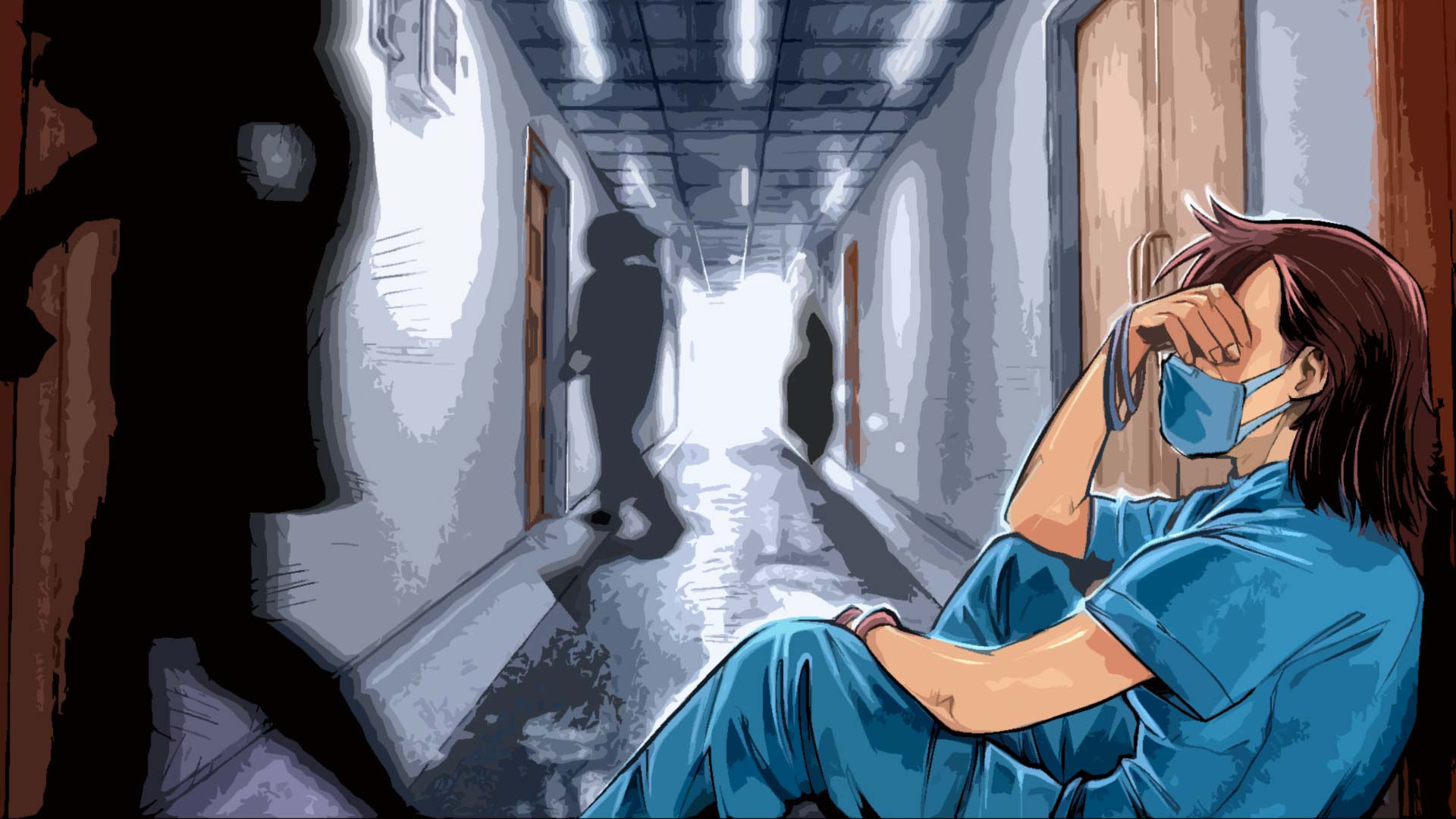

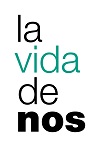
Two Venezuelan medical doctors who graduated from the Universidad de Oriente reunite in Buenos Aires, Argentina. They start dating and eventually move in together. With the outbreak of the pandemic, they work grueling weeks and are exposed to high levels of stress.
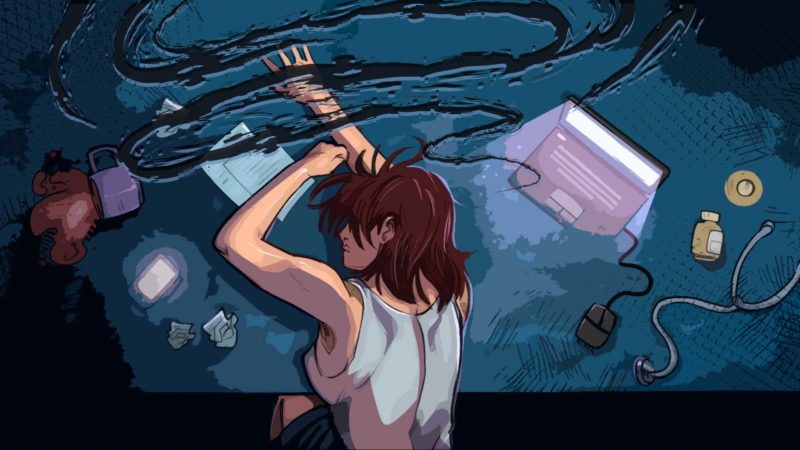 ILLUSTRATIONS: CARLOS LEOPOLDO MACHADO
ILLUSTRATIONS: CARLOS LEOPOLDO MACHADOI woke up in the wee hours when I heard her choking back tears.
“What’s wrong?” I asked her, as I jumped out of bed.
That your girlfriend is crying in the middle of the night can’t possibly portend well. Someone must have been involved in an accident, or a family member must have passed away. It is definitely a sign that something bad is going on.
“I can’t get up,” Margi answered, her voice breaking.
“What do you mean? What happened?” I insisted, trying to shake myself out of my sleep to try and understand the situation.
“I don’t know. I can’t. I don’t want to. My entire body hurts. I’m so tired… The alarm went off and… I just can’t. I can’t go to work.
Margi is my girlfriend. We are a couple of thirty-something Venezuelan physicians who migrated to Argentina about five years ago. We live in San Cristobal, a small working class neighborhood in Buenos Aires. The apartment we rented is small but functional. Margi liked it from the get go because it is modern and very bright. As for me, I wasn’t exactly fond of it for stuff like the stove only has two burners, but it was close to the subway and that balanced things out somehow.
It’s a one-hour subway and bus ride from our apartment to her workplace, which means that Margi had to leave home at around 5:50 am to be there at 7:00 am.
My watch read 6:30 am.
“But you should have left by now,” I said.
“I know! What part of ‘I can’t get up’ don’t you get?”
Margi usually snaps at me when I state the obvious.
“What can I do? How can I help you? I don’t understand.”
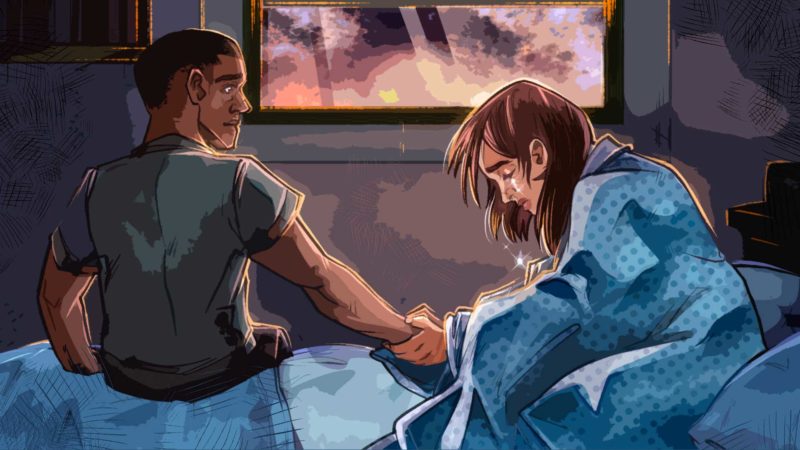
I didn’t wait for an answer. I immediately put my medical training to use and quickly checked her for lesions, but she appeared to have none. The only thing that could have been preventing her from moving was the two thick blankets that shielded us from the 46.4 °F Buenos Aires mornings of the season. It was not the first time she had complained about having to leave early for work during winter, but it was for sure the first time she felt she just couldn’t. It was August of 2021. True, the pandemic had made us work three times as hard, but she was always worn out with fatigue and drained of energy and absolutely not her usual herself.
Margi was born in 1990 in Maturín, in eastern Venezuela, and is the youngest daughter in her family. You could say she loves to be pampered, but she is also a very self-confident girl. She arrived in Buenos Aires in 2016, the same year she graduated as a medical doctor, having previously researched which country she’d get a job in fast enough, one which would also allow her dad to invest what little of his personal assets that he was able to save from the Venezuelan economic debacle, which he had put so much effort into building as an oil worker.
She had already visited Argentina as a tourist and had loved the weather, its people’s accent, and how classy they dressed in winter, even though she has never liked cold temperatures.
She quickly managed to regularize her immigration status, as she had intended when she chose Argentina as her destination, and got a job providing home medical care to chronically ill patients. She would later learn about the private ambulance business and knew it was an excellent investment opportunity for her parents, who would leave their country soon after.
I arrived in Buenos Aires a year later, at the end of 2017, once Margi had thoroughly walked me through the process. We met at the Universidad de Oriente, in the southern Venezuelan city of Ciudad Bolivar, where we were both medical students, had some friends in common and took a number of courses together. Already in Buenos Aires and after several dates to exotic food restaurants, I asked her to be my girlfriend. We moved in together in 2019.
That winter morning I got dressed at lightning speed, grabbed a face mask, my keys, wallet, coat and cell phone and rushed to the subway station to try and get to the rehab center just in time to take over from the on-call physician who, in turn, had to leave right away to get to his other job on time. In this country’s healthcare system, the staff usually needs to work multiple jobs to make ends meet. I work in an intermediate care unit where all patients had COVID-19 at the time, many of whom were in serious and complex clinical conditions that we had to deal with because the intensive care unit was already crammed with sick people. Our other job, and I say our other job because we both work there but on different days, is in a rehabilitation center where we keep track of the clinical progress of patients with sequelae of serious diseases while they undergo different types of rehabilitation therapy, including motor, cognitive, swallowing, and speech.
I wasn’t thrilled about having to fill in for Margi on my one day off, but if she didn’t show up that day, the rehab center would be left with no physician, and that would be catastrophic for the patients and would upset the center’s owners, who are notorious for their lack of patience. The fear of losing that shift, which would wreak havoc on the household income, made us do things we didn’t necessarily like to do.
It is easy to think that a couple of physicians has their life figured out and that they can afford luxuries such as new cars, trips around the world, technological gadgets and clothes, but a couple of migrant physicians has their minds set on other priorities like paying the rent, the health insurance policy, the utility bills and the credit cards when due and still be able to go out or meet with friends once in a while; most importantly, they want to make sure that their family in Venezuela does well, that they have food on the table, that they do not get sick, that they can go for an occasional ice cream, in an effort to make up, however minimally, for the fact that they are not there with them.
That was my case. Much of Margi’s family had migrated like her, but my whole family was in Venezuela.
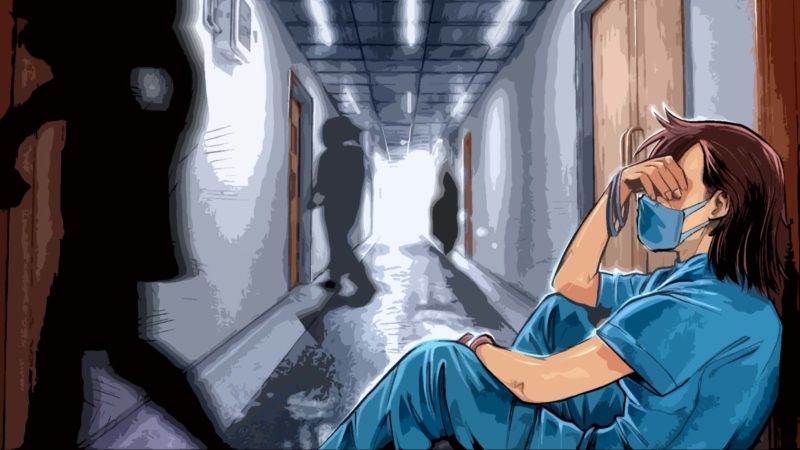
That day I sent Margi a few messages via WhatsApp. I wanted her to feel fine. I wanted to pass on words of encouragement. I wanted her to know that she could count on me to help her in any way I could. But, at the same time, I wanted her to have the necessary time to rest and recover. That is a balance hard to strike when you work at a healthcare center and you can be paged at any moment.
As the weeks went by, other symptoms appeared: severe migraine, insomnia, loss of appetite, twitching eyelids, weakness…
We asked some of our fellow medical doctors for their opinion, because it was clear that there was something wrong with Margi and we were failing to come up with a diagnosis. I was failing to come up with a diagnosis. We performed a never-ending number of studies and tests and we ruled out COVID-19, pregnancy and endocrine disorders. We even performed brain scans, MRI scans and angiographies.
And nothing…
Everything was “fine” with her.
Everything was stress-related.
It was true that since the beginning of the pandemic, back in 2020, we had substantially increased our workload from 56 hours a week to 80-90 weekly hours, sometimes covering as many as 48 to 72 hours uninterruptedly. Without going home. Without taking a shower. If a colleague got the coronavirus, we had to cover for him or her until he or she recovered or until a replacement was found. Every now and then we had to complain because we had run short of protective gear. We were delayed payment a couple of months for various reasons. The few days off we had, we used to do the laundry and take care of patients over the phone, answering questions from their family and friends.
And there was the death toll. Watching so many people die, every single day, and right under our noses. People who walked in and answered your questions, you would learn after a while that they had passed away. Acquaintances in Venezuela getting sick and dying. Venezuelan migrants getting sick and dying. It was all happening too fast and things were quite overwhelming.
Both my grandparents died in Venezuela during the pandemic, directly or indirectly from COVID-19. My maternal grandfather in August 2020, and my paternal grandfather in August 2021. They were very special people who greatly contributed to the person I am today.
That is the biggest fear of migrants: that something bad will happen to our family while we are away.
It throws you off balance. It shakes you to your core.
But all that stress was part of the deal. From the moment you take the Hippocratic Oath, you know you will live a life of stress, sacrifice, dedicated to serving others with love and devotion. So, saying that Margi’s symptoms were due to stress was rather embarrassing. It made her feel fragile and vulnerable, which drove her crazy because she did not see herself as a fragile or vulnerable person; yet, she had no time to complain for she had to go back to work, which in turn exposed her to situations that brought her agonizing physical pain. It was a vicious circle.
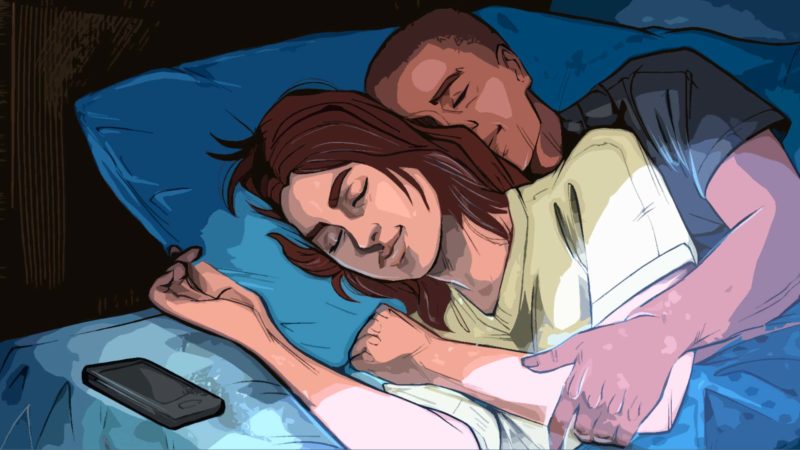
She just broke down, like cars do when you keep stressing them without proper maintenance. This is what the psychiatrist explained to Margi when she consulted her by video call. Burnout is a syndrome that results from chronic workplace stress. Its major symptoms are emotional exhaustion, depersonalization and detachment, and feelings of unfulfillment. She talked about the number of stressors to which she was exposed and of which she had not been aware because she had been working through the maelstrom of the COVID-19 outbreak, and it was not your typical situation: the last time health professionals had to work at this pace on a global scale was during the Spanish flu over 100 years ago. He assured her that she was not the only one, that burnout is frequent among health workers, that 25 percent of the health staff is affected by it, and that 25 percent of people working in the healthcare system report symptoms of burnout, a percentage that some journals say goes up to 50 percent in a pandemic context. She also told her that it had to be dealt with quickly and efficiently because 12 percent of those diagnosed had suicidal ideation.
Margi was reassured that she had been given an accurate diagnosis.
She was undoubtedly scared because of what the psychiatrist had told her, but she’d rather be scared than remain in the dark about what was happening to her body.
As one might expect, treatment included reducing her workload. It’s easier said than done. How do you reduce your workload if you depend on your job to live and help your family? If you don’t work, you don’t get paid. As simple as that. There are no lifelines. There are no bonuses. There is no provision for you to go home and recuperate from a disease. If you get sick, you have to find ways on your own to pay for the treatment, recovery and rehabilitation expenses and to make up for the unpaid leave. You only have the friends close to you who you now call family, and your real family which, albeit far from where you are, is always there for you.
Luckily, and with a lot of help, we managed to arrange for Margi to comply with her treatment. It was a long and painstaking process where she had to put things in perspective, rearrange priorities, redefine the term “vocation” and find herself again. She is still working on that process, one that is put to the test on a daily basis by the financial stress of living in one of the countries with the highest inflation rates in the region.
It is impossible to know if bad things are in store for you, but you cannot go through bad times without learning something from the experience. Since Margi got sick, we have come to realize that you cannot help others if you are not OK yourself; that you are a peg in the health system board, but that you are precious to your family; that money is indeed a measure of the value of your work, but that money should not be the main motivation to work.
And we are still learning, every day.
Margi has yet to get a message from her boss asking if she’s doing fine, but she goes to bed every night with the warmth and good wishes of her parents from Mexico, with messages from her friends now scattered around the world, and with my hugs. That doesn’t pay the bills, but it helps her sleep peacefully and go to work the next day, even if she’d rather stay wrapped up in bed to shield herself from the cold of a city that is not our city, but is where life has placed us.
 This story was written within the framework of the “Narrative Medicine: Our Bodies also Have Stories to Tell” course taught to healthcare professionals via our El Aula e-nos online training platform.
This story was written within the framework of the “Narrative Medicine: Our Bodies also Have Stories to Tell” course taught to healthcare professionals via our El Aula e-nos online training platform.
979 readings
I was born in the island of Margarita in 1990. I wanted to be a baseball player, but I graduated as a medical doctor in 2016. I moved to Buenos Aires in 2017, where I have been fighting the cold temperatures and dreaming of having some arepitas with fried fish.